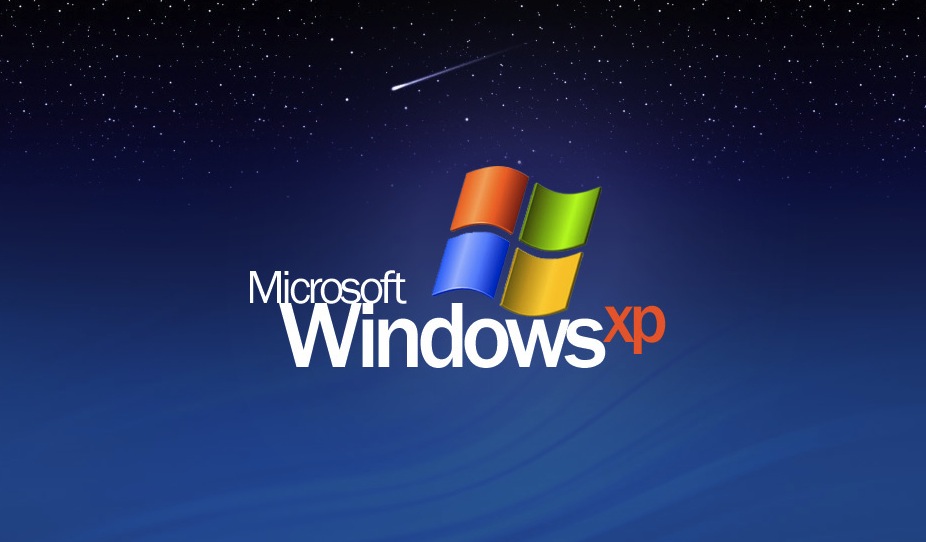Unless you’re already paying Microsoft extra to keep your Windows XP machines safe from malware then you really should upgrade to either Windows 7 or Windows 8 within the next week. Tom’s Guide talks with a couple of security experts about the impending end of support for Windows XP and they conclude that, yes, staying with Windows XP after the April 8th cutoff date will be really, really bad for both you and your computer.
“Every standard desktop-security risk that a computer faces will be amplified, because there are no fixes being written by Microsoft,” Scott Kinka, the CTO at Evolve IP, tells Tom’s Guide. “This involves every form of malware possible. Just assume someone is on your PC while you’re working. Every password, trade secret and bit of personal information is at risk.”
Wolfgang Kandek, the CTO of Qualys, says that any Windows XP stragglers really should at least upgrade to Windows 7 because they’ll still be able to use their old XP applications through the newer platform.
“You don’t have to abandon or change the applications you use just because Windows XP is losing its support — a common misconception,” Kandek tells Tom’s Guide. “Users can simply isolate the applications and run them via the built-in Windows XP Mode within Windows 7 [Professional, Enterprise or Ultimate editions].”
So really, if you are still running XP on your computer and you don’t want to get crushed by malware next week, now is really the time to suck it up and upgrade.






